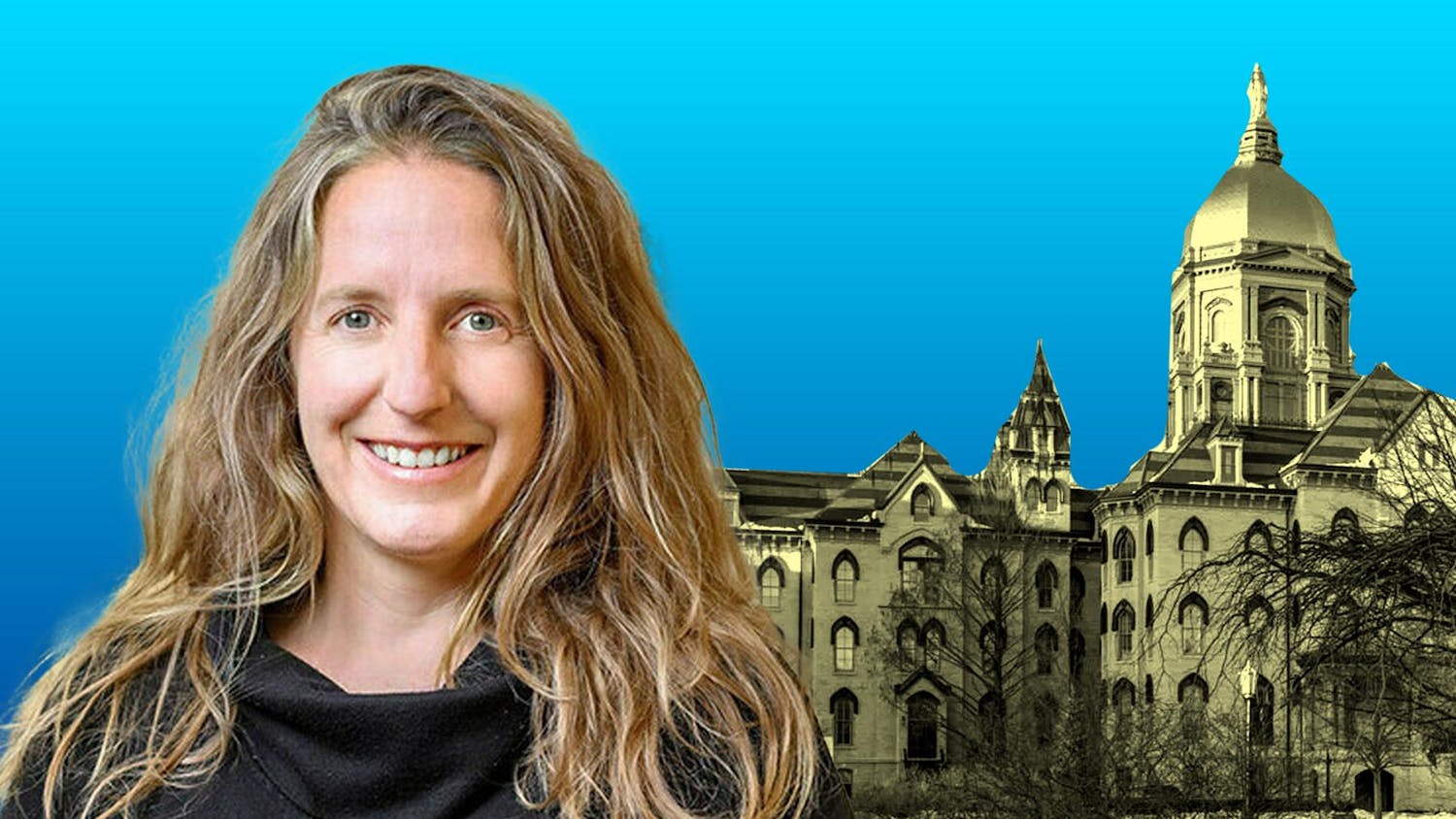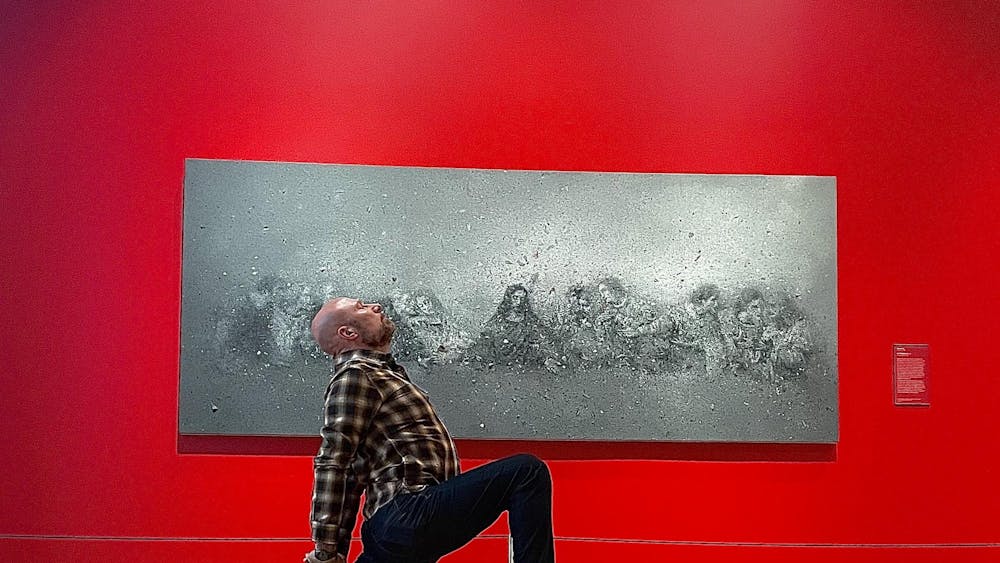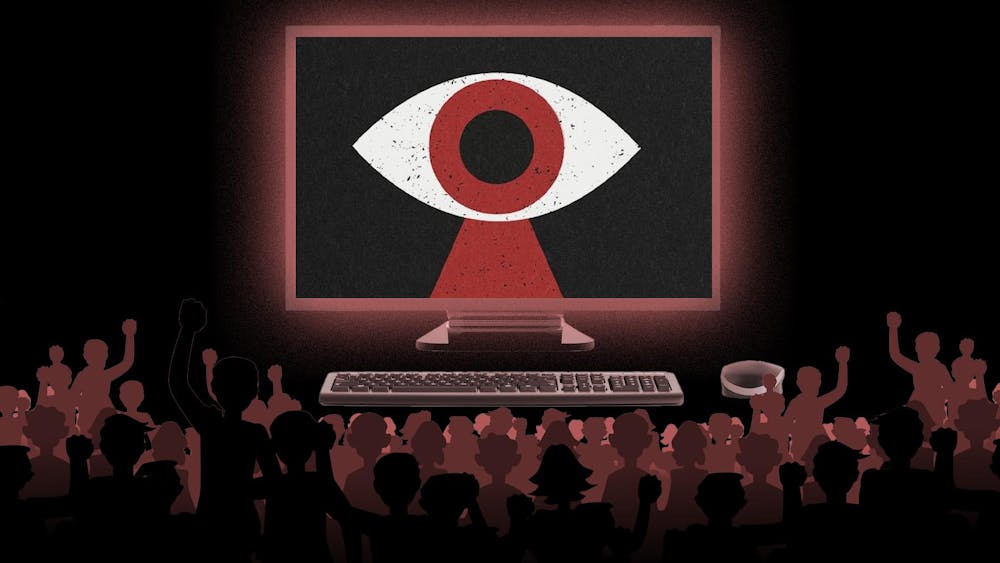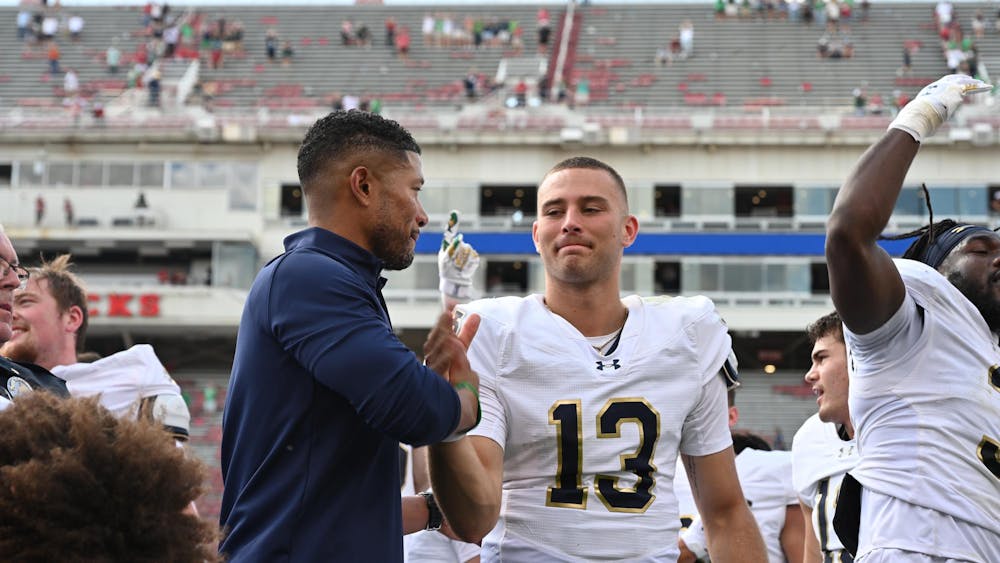Free speech is under assault at our nation’s universities. Rather than entertaining opposing ideas in order to debate them, students attack “offensive” statements and the people who make them. Last week, for example, students at Yale protested and disrupted a pro-free speech event hosted by the William F. Buckley, Jr. Program.
According to an article penned by the conference’s organizer, Yale junior Zach Young, the unrest began when a student rushed to the front of the lecture hall in the middle of a panel. Other protestors lined up outside of the lecture hall, demanding that speakers of their choice be added to the conference.
The stated reason for the protest was an off-color comment which one of the panelists, Greg Lukianoff, made about the backlash Yale Professor Erika Cristakis faced after responding to an email sent to the student body by Yale’s Intercultural Affairs Committee. The email discouraged costumes such as feathered headdresses, turbans, war paint or makeup that modifies skin tone, as they are forms of “cultural appropriation,” “cultural unawareness” and “insensitive choices.”
Cristakis wrote a follow-up email to the Yale community, stating that she lauds the proposed guidelines on Halloween costumes as they stem “from a spirit of avoiding hurt and offense.” Yet, she continued, quoting her husband, “Nicholas says, if you don’t like a costume someone is wearing, look away, or tell them you are offended. Talk to each other. Free speech and the ability to tolerate offense are the hallmarks of a free and open society.” Nicholas Cristakis is a Master at one of Yale’s residential colleges and gave the opening remarks at the Buckley conference.
Following his wife’s email, Cristakis was encircled by students who screamed at him and told that he “should step down” because of the advice he had provided about Halloween costumes. Students continued to protest Cristakis during his remarks at the conference, to an extent that led Lukianoff to quip that judging by the students’ vehement responses to Cristakis’s email, “you would have thought she burned down an Indian village.”
In response to this off-hand remark, protestors spit on conference attendees as they exited, calling them “traitors and racists.” Young himself was labeled a “white colonizer” as the crowd outside grew rowdier, though he had nothing to do with Lukianoff’s comment nor Cristakis’s email.
In his op-ed following the event, Young wrote, “What does it say when holding an event on free speech requires the presence of several Yale police officers? ... I did not agree with everything our speakers said. ... Free speech is not just about persuading others; it’s about understanding and articulating ourselves.”
Clearly, there is a disconnect here between the guarantees of the First Amendment and students’ reactions to ideas that they find offensive.
Once bastions of free expression and open debate, modern American universities now prohibit speech in a variety of ways to protect students from ideas that some have deemed “offensive,” “harmful” or “upsetting.”
A majority of universities across the nation continue to infringe upon their students’ First Amendment right to free speech, according to a 2015 survey of campus policies published by the Foundation for Individual Rights in Education.
According to the foundation’s report, “Spotlight on Speech Codes 2015: The State of Free Speech on Our Nation’s Campuses,” nearly 55 percent of the 437 universities analyzed have “policies that clearly and substantially prohibit protected speech.”
Lukianoff, FIRE’s president, wrote a cover story for “The Atlantic” which warns the tide has turned so far that now some students want protection from other students’ and professors’ “scary ideas.”
“A movement is arising, undirected and driven largely by students, to scrub campuses clean of words, ideas and subjects that might cause discomfort or give offense,” he wrote. “This new climate is slowly being institutionalized, and is affecting what can be said in the classroom, even as a basis for discussion.”
This sanitization of our campuses from unfriendly ideas is inimical to student growth and impedes the education process. Once students leave sheltered campuses, they will confront many ideas with which they will disagree. The goal of a university is to teach students to respond with reasoned debate, rather than to silence others.
Megan McArdle, in a “Bloomberg” op-ed titled “Sheltered Students Go to College, Avoid Education,” articulately noted the detrimental effect of the erosion of free speech on campus.
“A university education is supposed to accomplish two things: expose you to a wide variety of ideas and help you navigate through them; and turn you into an adult, which is to say, someone who can cope with people, and ideas, they don’t like. If the schools abdicate both functions, then the only remaining function of an education is the credential. But how much will the credential be worth when the education behind it no longer prepares you for the real world?”
We must be prepared to confront the world of unfriendly ideas when we leave our campuses, necessarily created in a nation that espouses the value of free speech, not cower from them in fear.
Kate is a junior majoring in the Program of Liberal Studies and minoring in philosophy, political science and economics. She hails from Pittsburgh and is a proud member of Breen-Phillips Hall. Contact her at khardima@nd.edu
The erosion of free speech on campus
The views expressed in this column are those of the author and not necessarily those of The Observer.









